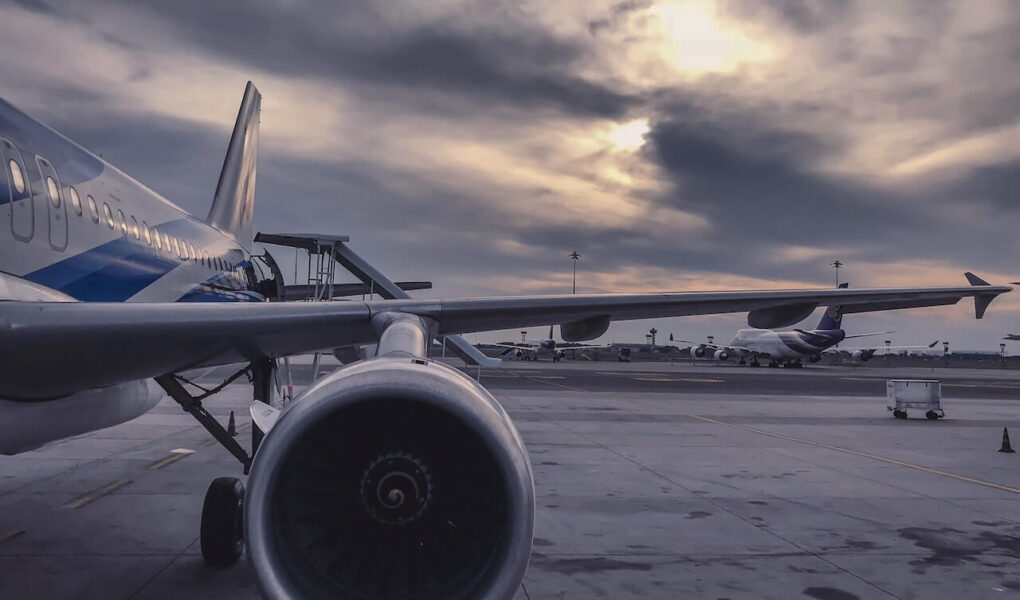Contents
The Tata Group, one of India’s oldest and largest conglomerates, is set to expand its aviation business with the induction of 30 aircraft in the next 15 months. The group currently operates two airlines, Vistara and AirAsia India, and plans to expand their fleets to cater to the growing demand for air travel in India. The move is part of the Tata Group’s vision to become a major player in the Indian aviation industry and further cement its position as a leader in the country’s business landscape.
Tata Group’s History in Aviation:
The Tata Group has a long history in the aviation industry. In 1932, the group’s founder, JRD Tata, established Tata Airlines, which later became Air India. The airline was nationalized in 1953, but the Tata Group continued to be involved in the industry through its subsidiary Tata SIA Airlines, which was established in partnership with Singapore Airlines in 2013. The joint venture resulted in the launch of Vistara, a full-service carrier that has become known for its premium services and exceptional customer experience.
The Growth of the Indian Aviation Industry:
India’s aviation industry has experienced significant growth in recent years, driven by a combination of factors such as rising incomes, a growing middle class, and government initiatives to increase connectivity and infrastructure development. According to the Directorate General of Civil Aviation, the number of domestic air passengers in India increased from 138 million in 2018 to 171 million in 2019, representing a year-on-year growth of 23.8%. Despite the challenges posed by the COVID-19 pandemic, the Indian aviation industry is expected to continue growing in the coming years, presenting a significant opportunity for airlines to expand their operations and increase their market share.
The Expansion Plans of Vistara and AirAsia India:
Vistara and AirAsia India, the two airlines owned by the Tata Group, have ambitious plans to expand their fleets in the coming months. Vistara plans to add 12 aircraft to its fleet by March 2022, while AirAsia India plans to induct 18 aircraft over the same period. The expansion plans of the two airlines are driven by the growing demand for air travel in India, as well as the need to increase their market share in a highly competitive industry.
The Implications for the Indian Aviation Industry:
The Tata Group’s expansion plans have significant implications for the Indian aviation industry. With the addition of 30 aircraft to its fleet, the Tata Group is set to become a major player in the industry, competing with other leading airlines such as IndiGo, SpiceJet, and Air India. The expansion is expected to increase competition in the industry, leading to greater innovation, better services, and lower prices for consumers. It is also likely to create new job opportunities in the aviation sector, further boosting India’s economic growth.
The Impact of the COVID-19 Pandemic on the Indian Aviation Industry:
The COVID-19 pandemic has had a significant impact on the Indian aviation industry, with travel restrictions and lockdowns leading to a sharp decline in air passenger traffic. According to a report by the Centre for Asia Pacific Aviation (CAPA), the Indian aviation industry is expected to lose between $3.6 billion and $4 billion in the first quarter of the financial year 2021-22. The pandemic has also resulted in significant job losses and financial distress for many airlines, including Vistara and AirAsia India. However, with the vaccine rollout and easing of restrictions, there is hope that the industry will rebound in the coming months, providing opportunities for growth and expansion.
The Importance of Sustainability in the Aviation Industry:
As the aviation industry continues to grow, there is increasing recognition of the need to adopt sustainable practices to mitigate the environmental impact of air travel. The Tata Group has made sustainability a key part of its business strategy, and its airlines, Vistara and AirAsia India, have taken steps to reduce their carbon footprint. For example, Vistara has introduced a series of measures, such as the use of biofuels and single-use plastic reduction initiatives, to reduce its environmental impact. Similarly, AirAsia India has implemented measures such as the use of energy-efficient aircraft and carbon offsetting programs. These initiatives demonstrate the Tata Group’s commitment to sustainability and their recognition of the importance of sustainable practices in the aviation industry.
The Role of Technology in the Future of the Indian Aviation Industry:
Technology is playing an increasingly important role in the future of the Indian aviation industry. From the use of artificial intelligence (AI) to enhance the passenger experience to the development of unmanned aerial vehicles (UAVs) for cargo delivery, technology is driving innovation and change in the industry. The Tata Group has recognized the importance of technology in the aviation sector, and its airlines, Vistara and AirAsia India, have implemented a range of initiatives to harness the power of technology. For example, Vistara has introduced a range of digital solutions, such as its mobile app, to enhance the passenger experience, while AirAsia India has implemented a range of measures, such as the use of blockchain technology to enhance cargo tracking and management. These initiatives highlight the importance of technology in driving growth and innovation in the Indian aviation industry.
Conclusion:
The Tata Group’s plans to expand its aviation business with the induction of 30 aircraft in the next 15 months represent a significant milestone in the company’s history and its vision to become a major player in the Indian aviation industry. The move is expected to increase competition, drive innovation, and create new job opportunities in the aviation sector, contributing to India’s economic growth. As the Indian aviation industry continues to grow, the Tata Group’s expansion plans are likely to have a far-reaching impact on the industry, cementing its position as a leader in the country’s business landscape.




